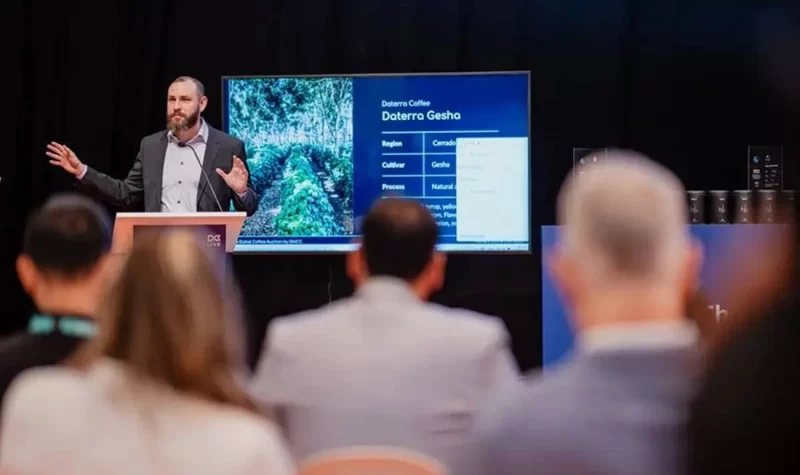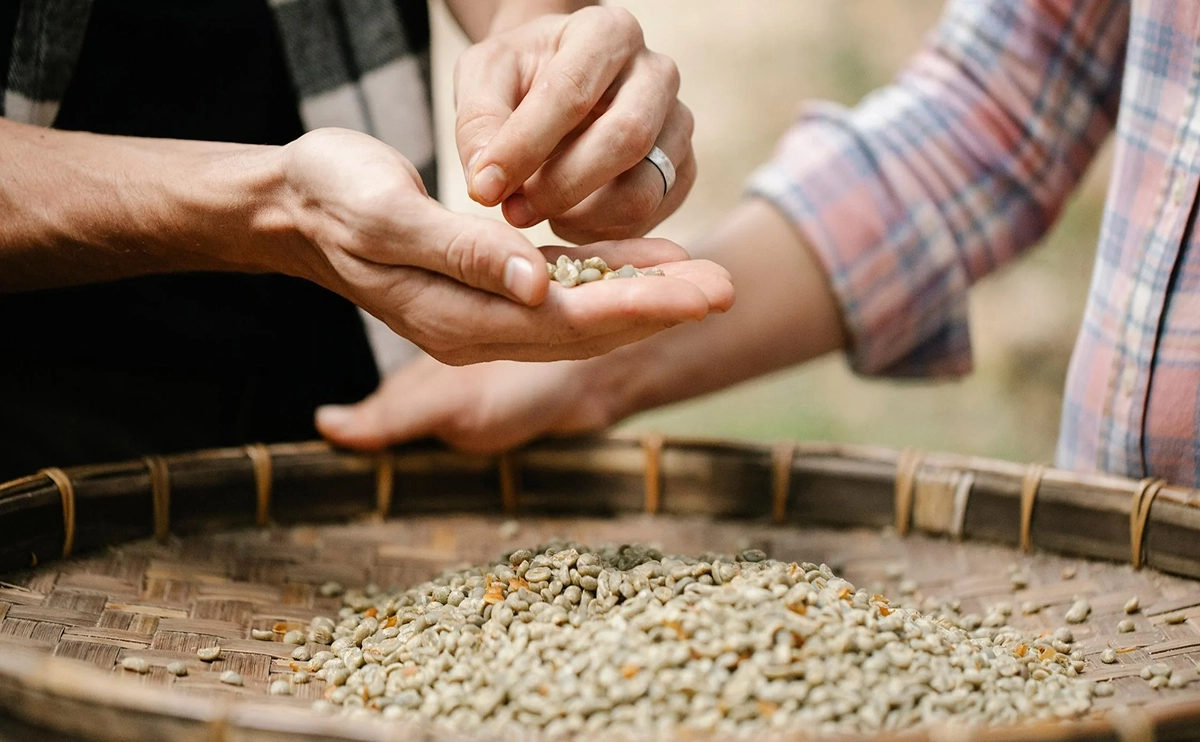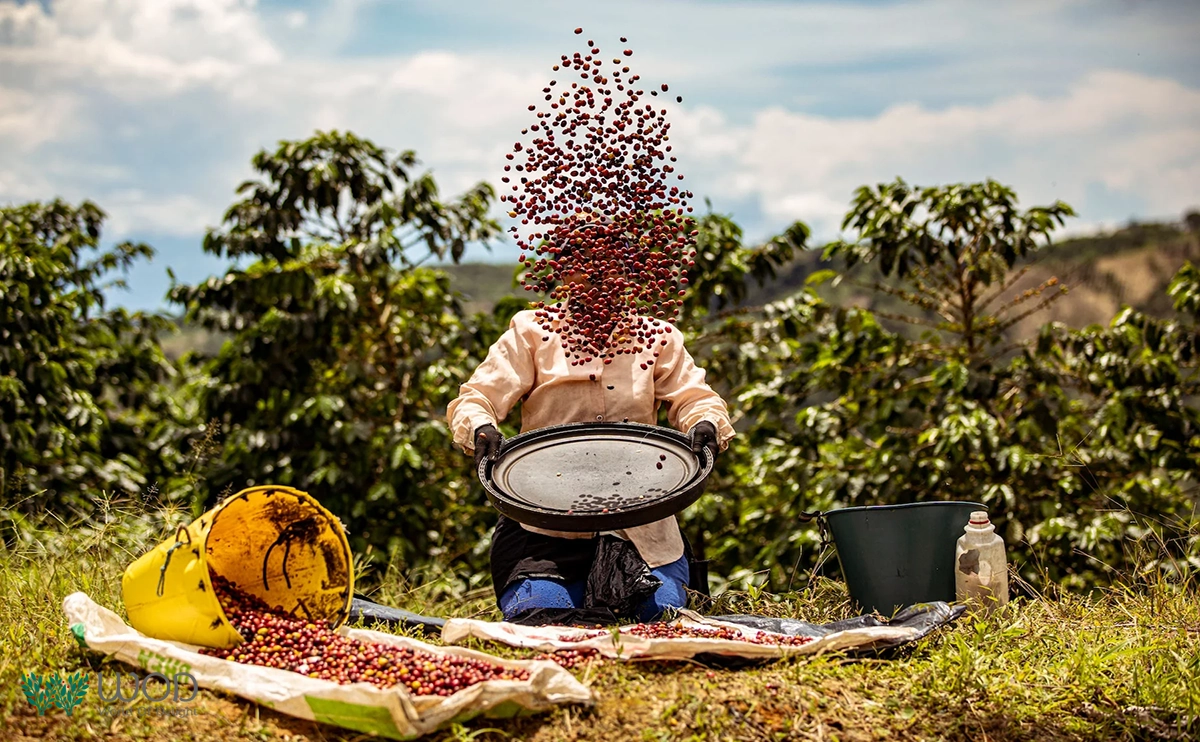What Is a Specialty Coffee Auction and How Does It Work?
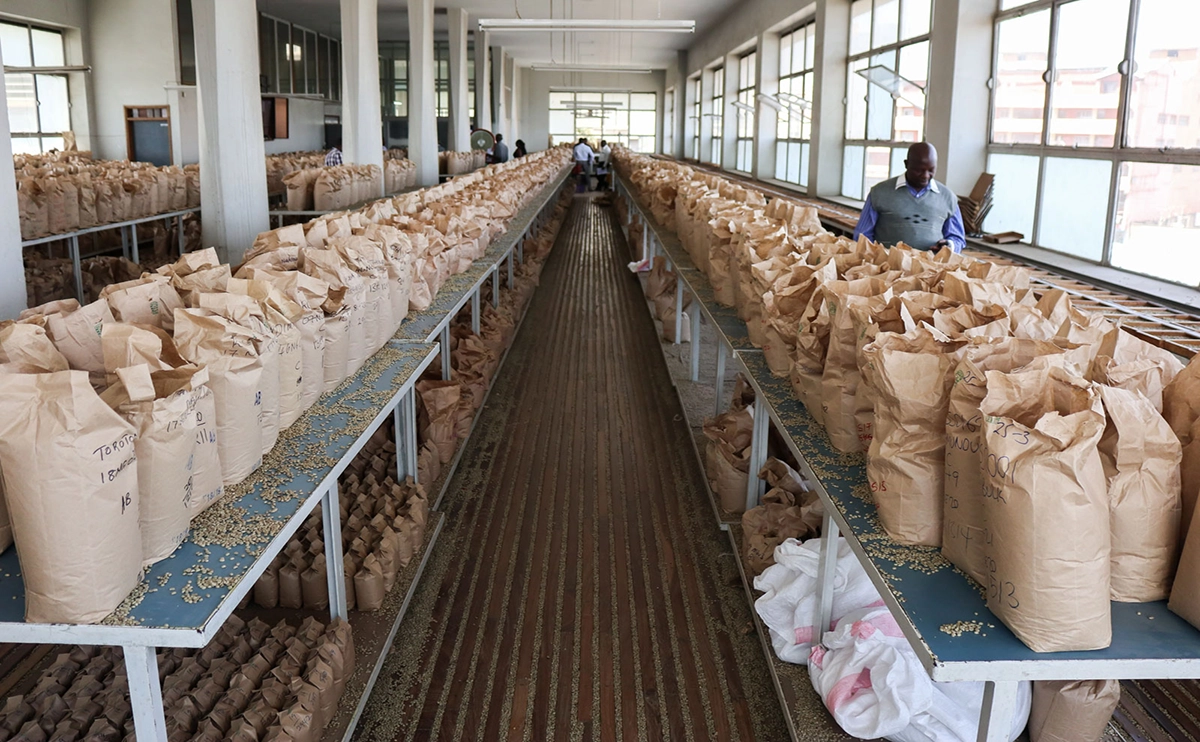
The Rise of Specialty Coffee Auctions
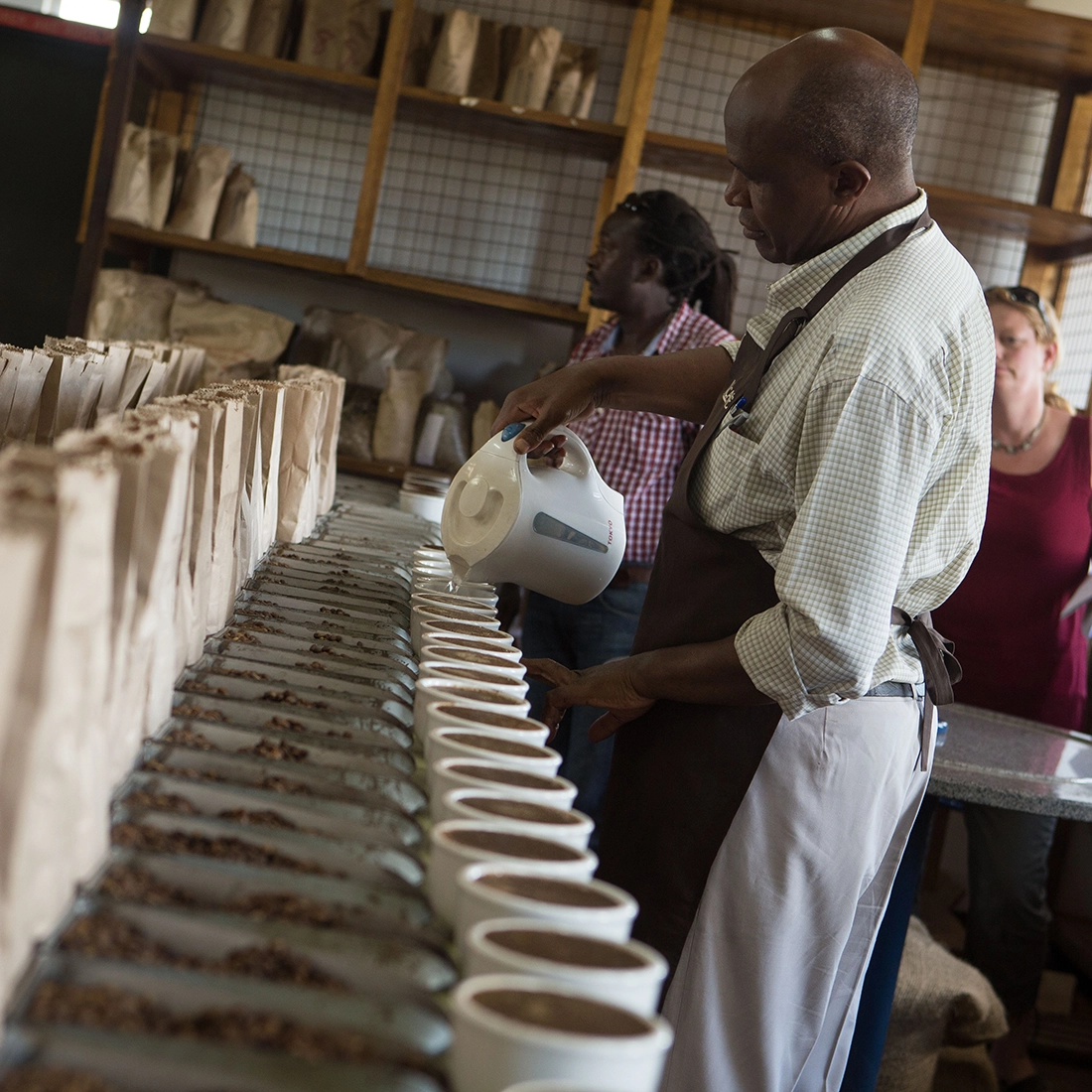
The world of specialty coffee is driven by quality, precision, and innovation. Unlike traditional coffee trade methods, which often involve intermediaries and fixed pricing, specialty coffee auctions provide a platform where rare, high-quality coffee lots are sold to the highest bidder. These auctions are crucial in elevating coffee quality and offering farmers better prices for their exceptional products. But how did this practice begin, and what makes it unique?
In this article, we will explore the history, mechanics, and impact of specialty coffee auctions. We will delve deep into the coffee bidding process and explain how coffee auctions work in today’s market. Whether you're a coffee enthusiast, a roaster, or an industry professional, this guide will give you a thorough understanding of the specialty coffee auction landscape.
The History of Specialty Coffee Auctions
Specialty coffee auctions emerged in the late 1990s as a response to the lack of transparency in the coffee trade. Farmers often received low prices due to the involvement of multiple middlemen, leading to unfair compensation despite producing exceptional coffee. To address this issue, the Cup of Excellence (COE) was established in 1999, marking a major shift in how premium coffee was traded.
The COE set a precedent for competitive coffee bidding, where roasters and importers from around the world could purchase top-scoring coffees through an open, fair, and transparent process. Since then, various countries have adopted similar auctions, including Panama’s , Ethiopia’s National Coffee Auction, and the Qima Yemen Auction. These auctions have helped connect farmers directly with buyers, ensuring they receive a fair price for their premium crops.
How Does a Specialty Coffee Auction Work?
Unlike conventional coffee trade methods, where coffee is sold at fixed prices, specialty coffee auctions operate through competitive bidding. The process typically involves several key steps:
- Selection and Evaluation
Before a coffee lot enters an auction, it undergoes rigorous quality testing. Experts, known as Q Graders, use the SCA (Specialty Coffee Association) grading scale to assess the coffee's aroma, acidity, body, and flavor profile. Only coffees scoring 80 points or higher qualify as specialty coffee.
- Coffee Sample Distribution
To attract potential buyers, organizers distribute small coffee samples to registered bidders worldwide. These samples allow buyers to cup (taste and evaluate) the coffee before placing their bids. The better the quality, the higher the interest from bidders.
- The Coffee Bidding Process
The auction begins at a base price, often determined by production costs and the coffee’s cupping score. Bidders, usually specialty coffee roasters, importers, or distributors, then compete in a real-time online or in-person auction. Prices can rise dramatically, especially for rare or exclusive lots, with some coffees selling for hundreds of dollars per pound.
- Finalizing the Sale and Shipment
Once bidding concludes, the highest bidder secures the coffee. The payment is processed, and the coffee is shipped from the producing country to its final destination. Farmers receive a premium price, often significantly higher than market rates, ensuring a more sustainable business model for specialty coffee growers.
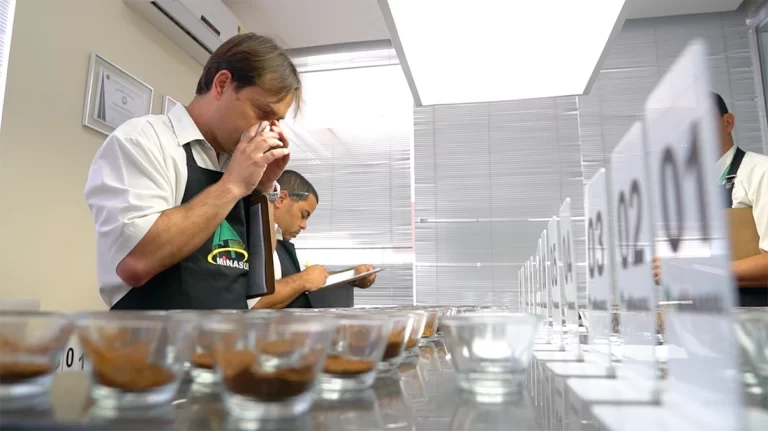
Why Are Specialty Coffee Auctions Important?
Specialty coffee auctions are not just about competitive pricing; they significantly impact the coffee industry in several ways:
- Higher Earnings for Farmers
By eliminating unnecessary intermediaries, specialty coffee auctions allow farmers to earn up to three times more than they would through traditional trade. This financial incentive encourages farmers to invest in better cultivation practices, leading to consistently high-quality coffee.
- Quality Improvement and Innovation
With farmers competing to sell their best lots at premium prices, auctions drive innovation in coffee production. Many producers experiment with new processing methods, such as anaerobic fermentation and natural processing, to create unique flavor profiles that stand out in auctions.
- Transparency in Pricing and Trade
Unlike conventional coffee markets, where pricing is often dictated by commodity trends, coffee auctions establish clear value through open bidding. Buyers can trace the origin of their coffee, ensuring ethical sourcing and fair compensation for growers.
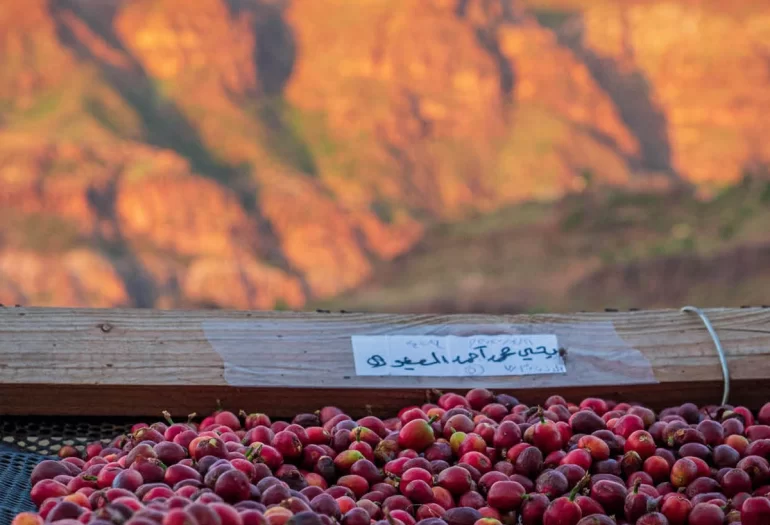
Notable Specialty Coffee Auctions Around the World
Over the years, several auctions have gained worldwide recognition, helping to showcase some of the world’s finest coffees, for example:
- Qima Yemen Auction: Specializing in Yemen’s unique heirloom coffee varieties, this auction highlights some of the rarest and most sought-after coffees in the world. Yemeni coffee is known for its distinctive flavor notes, often featuring rich fruitiness and complex acidity. The Qima Yemen Auction has played a vital role in revitalizing the country’s coffee industry, offering farmers access to global markets and premium prices for their unique beans.
- Nicaragua Las Favores Auction: This auction brings attention to Nicaragua’s finest micro-lots, often sourced from high-altitude farms with meticulous processing techniques. The auction promotes sustainability and innovation, encouraging farmers to experiment with different fermentation and drying methods to enhance flavor complexity. The success of this auction has helped position Nicaraguan coffee as a strong contender in the global specialty coffee market.
These auctions set global benchmarks for premium coffee pricing and quality, often influencing market trends and consumer preferences.
The Future of Specialty Coffee Auctions
As demand for high-quality, ethically sourced coffee continues to grow, specialty coffee auctions are expected to play an even bigger role in shaping the industry. With advancements in blockchain technology and digital platforms, online auctions are becoming more accessible, allowing smallholder farmers to connect directly with global buyers.
Moreover, as consumers become more aware of sustainable coffee sourcing, auctions will likely continue to promote transparency and reward quality over quantity. This shift ensures that coffee farmers are recognized and compensated for their craftsmanship, securing a brighter future for specialty coffee worldwide.
Conclusion: Why Specialty Coffee Auctions Matter for Enthusiasts and Businesses
Specialty coffee auctions have revolutionized the industry, offering a transparent, competitive, and quality-driven marketplace for coffee lovers and businesses alike. Whether you are a roaster looking for exclusive beans or a consumer seeking unique flavors, these auctions guarantee that every cup of coffee tells a story of craftsmanship and dedication.
For those passionate about learning more about specialty coffee, WOD Specialty Coffee’s blog provides in-depth insights, guides, and news on the latest trends in the coffee world. From coffee farming techniques to expert cupping tips, our blog is your go-to source for everything related to high-quality coffee production and trade.
